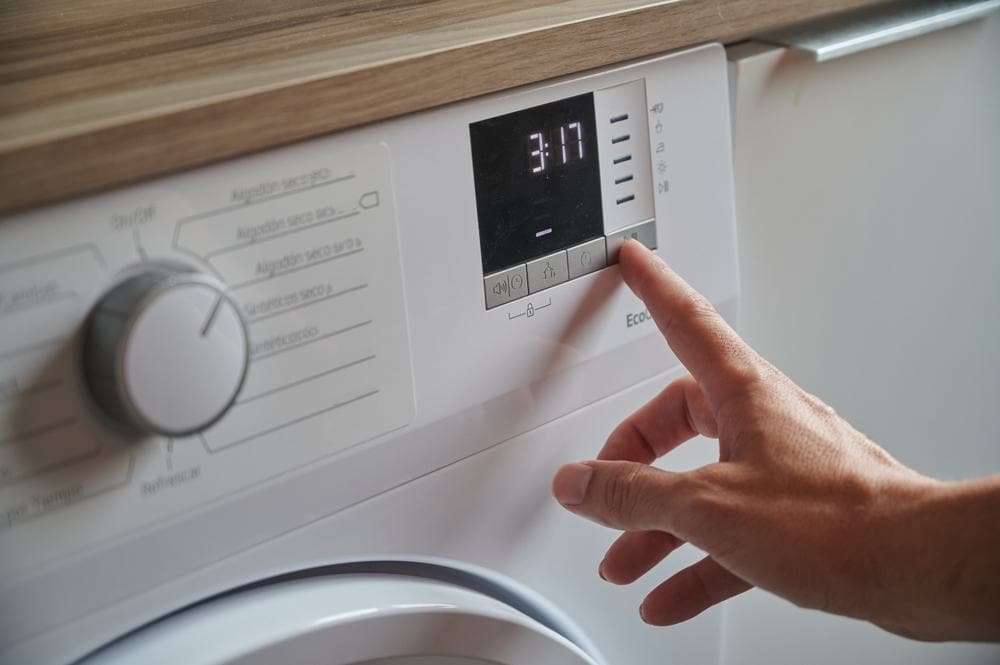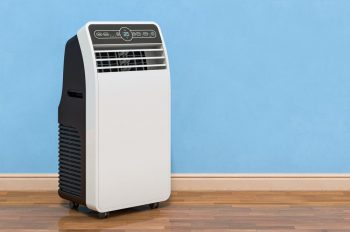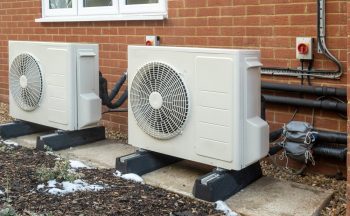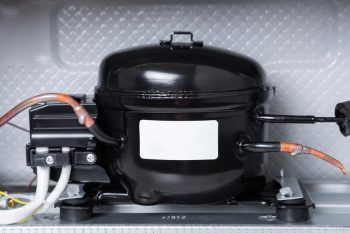
If you’ve ever found your towels torn or damaged after a routine wash, you’ve probably asked yourself, “Why is my washing machine tearing my towels?” The answer to this question isn’t always straightforward, as several factors could be contributing to the problem. This article aims to explore these factors in-depth, offering practical solutions to keep your towels in top condition.
Your washing machine may be tearing your towels due to reasons such as overloading, fast spinning, sharp edges or objects, use of bleach, running towels on heavy or normal cycles, or low-quality materials of the towels. Prevent this by avoiding overloading, using gentle cycles, inspecting the machine for sharp objects, avoiding undiluted bleach, and investing in high-quality towels. If problems persist, consider professional help.
Common Reasons for Towel Tearing
There are several reasons why a washing machine might tear towels. Let’s delve into each of them:
- Overloading the washing machine: Overloading can cause towels to become tangled with other garments’ embellishments, zippers, and buttons, leading to tears and snags. It’s essential to avoid overloading your machine and ensure that your towels have enough space to move around freely during the wash.
- Fast spinning: Spinning too rapidly can pull clothing into the tiny holes and crevices of the washer drum, causing fibers to wear and tear. Most washing machines allow you to adjust the spin speed, so try using a slower spin speed when washing towels.
- Sharp edges or objects: Abrasive edges and surfaces inside the washing machine can snag fabrics and cause small holes that worsen after washing. In some cases, a gap between the agitator blades and the base can cause tearing, especially on sleeves.
- Use of bleach: Direct contact with undiluted bleach can damage any fabric it touches, causing rips and holes. Always dilute bleach before using it on any fabric, especially towels.
- Washing towels on heavy or normal cycles: Running towels on heavy or normal cycles can cause more wear and tear. Instead, use more gentle cycles such as delicate/casuals, handwash, or silks.
- Low-quality materials: Towels made of low-quality materials can weaken over time due to wear and tear, making them more prone to fraying and tearing.
Impact of Washing Machine Type
The type of washing machine you use, either a front-load or top-load machine, can also affect the likelihood of tearing. Front load washers are generally considered to be better at preserving the quality of clothing as they use a tumbling motion instead of an agitator, which can be harsher on fabrics. They also have faster spin speeds, which extract more water from garments and reduce the energy needed for drying.
Role of Towel Weight and Type
The weight and type of towels also play a significant role in the tearing process. Heavier and denser towels, such as those with a higher GSM (grams per square meter), tend to be more durable and tear-resistant. Towels made from a blend of thick and thin yarns are more robust and tear-resistant. The weaving process also contributes to the towel’s strength and resistance to tearing.
Washing Machine Settings
Different washing machine settings, such as spin speed and water level, can contribute to towel tearing. High spin speeds are suitable for more robust fabrics like cotton and synthetics, while lower spin speeds are better for delicate fabrics. Towels, being made of cotton, can generally handle higher spin speeds. However, using excessively high spin speeds or inappropriate settings for the fabric type can cause damage to the fibers, leading to tearing.
Preventative Measures
To prevent your washing machine from tearing towels, consider the following steps:
- Avoid overloading the washing machine and ensure towels can move around freely.
- Use gentle cycles for washing towels.
- Fasten items and turn them inside out before washing.
- Inspect the washing machine for sharp edges or objects and address any issues found.
- Avoid using undiluted bleach on towels.
- Invest in high-quality towels made of durable materials.
By understanding the potential causes of towel tearing and taking preventative measures, you can maintain the condition and longevity of your towels. If you continue to have problems, consider bringing in a professional to inspect and possibly repair your washing machine.
Frequently Asked Questions
What does GSM mean in terms of towels?
GSM stands for grams per square meter. It is a standard measurement of the density of fabrics, including towels. The higher the GSM, the denser, thicker, and more absorbent the towel is.
What do you mean by “fasten items”?
Fastening items means securing buttons, zippers, hooks, or any other types of fasteners on garments before washing. This can help prevent them from snagging on other items or on the washing machine itself.
What types of towels are considered high-quality?
High-quality towels are often made from natural materials like cotton or bamboo. They have a high GSM, indicating a denser weave and greater absorbency. They are also well-constructed with secure stitching and have a soft, plush feel.
How do I inspect my washing machine for sharp edges or objects?
To inspect your washing machine, first unplug it for safety. Then check the drum and agitator (if your machine has one) for any sharp edges or objects. Look for anything that could snag or tear your laundry, such as a loose metal piece, a broken agitator, or a foreign object stuck in the drum.
How often should I replace my towels?
The lifespan of a towel depends on its quality and how often it’s used and washed. Generally, it’s a good idea to replace bath towels every two years or so. If your towels start to feel rough, lose their absorbency, or show signs of fraying or tearing, it’s time to replace them.











